This was the post:
The risk that a US judge rules against Tornado Cash plaintiffs
Last month, the first challenge did in fact fail, as a court rejected the plaintiff's motion to issue a summary judgment striking down the sanctions as exceeding OFAC's statutory authority:
Tornado Cash Sanctions Affirmed by Federal Court
The court's absurd reasoning was that a computer program that is 1. in the public domain on account of being open source, 2. running on a distributed ledger and 3. that—due to being immutable—is inherently not controlled by the Tornado Cash developers or the Tornado Cash DAO, is nonetheless property of said groups, and thus falls within OFAC's statutory authority to sanction.
I think it's worth reposting my arguments on why a court is likely to side against Americans challenging the sanctions against use of Tornado Cash smart contract logic:
--
My 2 gwei:
I believe there is a significant risk that a US judge will rule against the plaintiffs challenging the US Treasury's sanctions on the Tornado Cash protocol, even if their legal arguments are sound. This risk would emerge if the judge perceives that striking down the Tornado Cash sanctions could jeopardize national security.
In 1963, Justice Arthur Goldberg wrote that the Constitution "is not a suicide pact". This sentiment results in a tendency of judges to lean towards rejecting certain arguments even if on questions of legal doctrine, they are correct. Nothing better exemplifies this than a law that, while unconstitutional and over-stepping statutory powers, is perceived to reduce the nuclear proliferation risks posed by a radical rogue state like North Korea.
It's critically important that the judge presiding over this case understand that the sanctions are not essential for national security. There exist several alternative approaches available to the US government that are at least equally effective in addressing the money laundering risks associated with North Korea's utilization of Tornado Cash, while not resorting to a measure as blunt and unconstitutional as imposing OFAC sanctions that prohibit all Americans from using a decentralized internet protocol.
For one, blockchain intelligence companies have highly sophisticated technologies and techniques that enable them to de-anonymize funds going through Tornado Cash, and these technologies and techniques can be utilized by the US Treasury to identify the illicit funds that use Tornado Cash, and impose targeted sanctions on them.
For example, here is testimony from Chainalysis co-founder Jonathan Levin stating that his firm is able to track North Korean funds that pass through mixers like Tornado Cash:
https://youtu.be/VcmIETdtZWw?t=250
A more far-reaching measure that is available to the US government is to require deposits to centralized exchanges that originate from Tornado Cash to include an attached zero-knowledge proof that the Tornado Cash funds were not linked to any of the North Korean hacks. Additional information on this approach can be found at https://poi.chainway.xyz.
This would achieve everything the crude Tornado Cash sanctions achieve, without having to deny Americans at large of a right to financial privacy protocols.
These alternative measures are likely to be more effective in reducing the money laundering risks posed by North Korea compared to the OFAC sanctions because they preserve a key strategy that protects cryptocurrency users from North Korean hackers—privacy. Without privacy, hackers can identify cryptocurrency users with significant crypto holdings and target them for social-engineering-based hacking operations, as demonstrated in the case mentioned in this tweet: https://twitter.com/thomasg_eth/status/1492663192404779013?s=20.
The incessant torrent of hacking attempts on cryptocurrency users predates the invention of the Tornado Cash protocol and continues despite the implementation of Tornado Cash sanctions. Therefore, there is no evidence that the sanctions will slow down North Korea's cyber hacking efforts. Consequently, a compelling argument can be made that improving end-user security, rather than solely focusing on tracking and stopping the flow of illicit funds that result from compromised security, is a more effective approach to addressing money laundering from hackers like those from North Korea.
The Tornado Cash sanctions present an opposite trade-off by compromising end-user security through reduced privacy while aiming to bolster efforts to track and stop the flow of illicit funds. The alternative measures outlined above achieve everything the Tornado Cash sanctions do with respect to stopping the flow of illicit funds that pass through Tornado Cash, while not depriving cryptocurrency users of privacy technology that can protect them from North Korea's hackers.
[link] [comments]

You can get bonuses upto $100 FREE BONUS when you:
💰 Install these recommended apps:
💲 SocialGood - 100% Crypto Back on Everyday Shopping
💲 xPortal - The DeFi For The Next Billion
💲 CryptoTab Browser - Lightweight, fast, and ready to mine!
💰 Register on these recommended exchanges:
🟡 Binance🟡 Bitfinex🟡 Bitmart🟡 Bittrex🟡 Bitget
🟡 CoinEx🟡 Crypto.com🟡 Gate.io🟡 Huobi🟡 Kucoin.
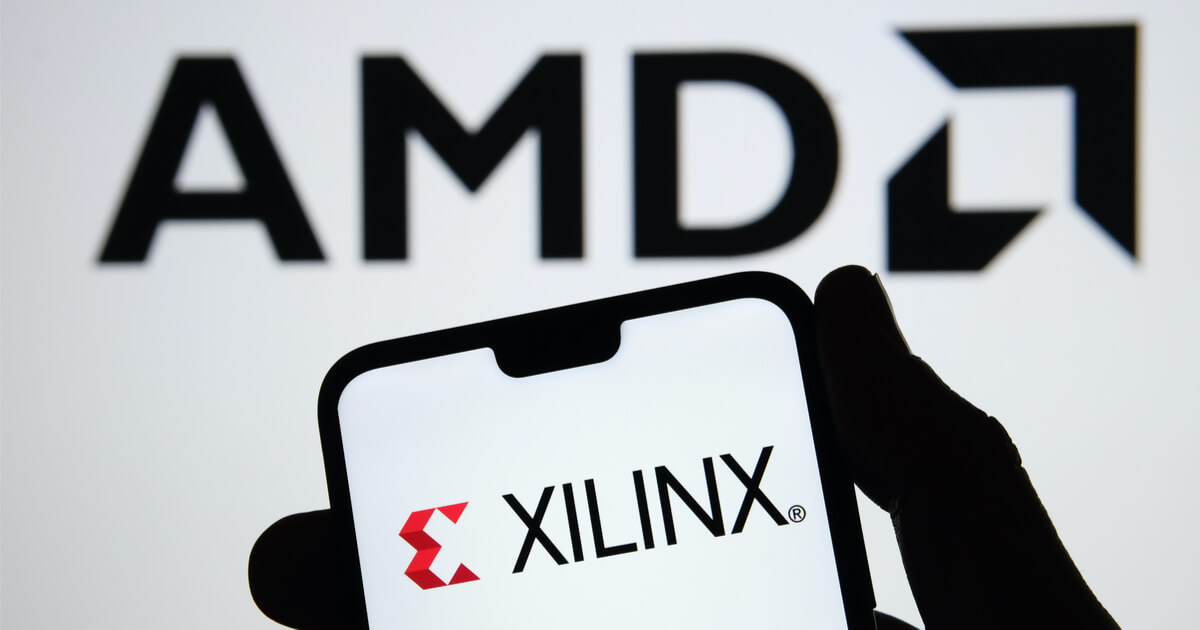




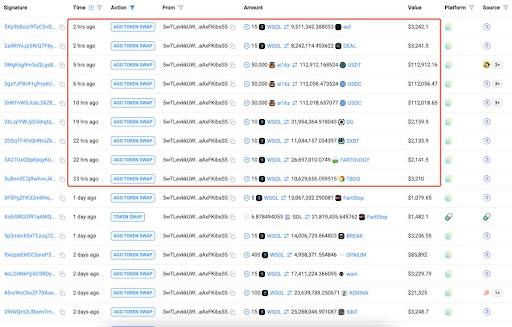


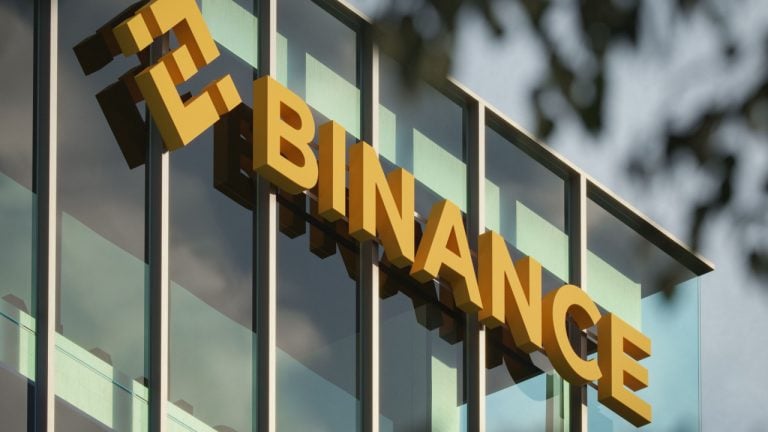

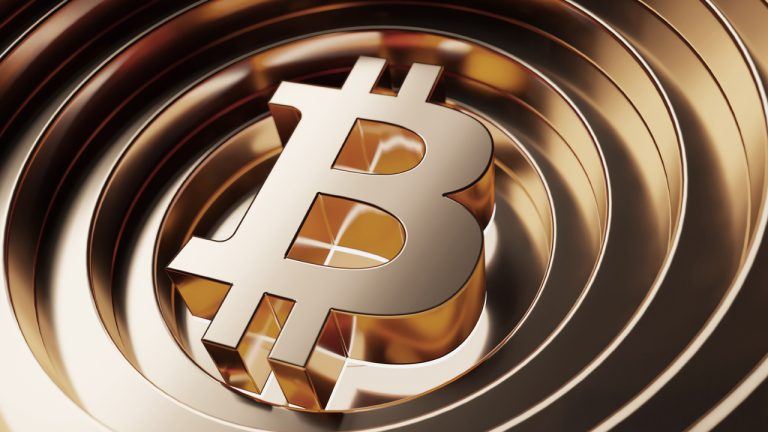


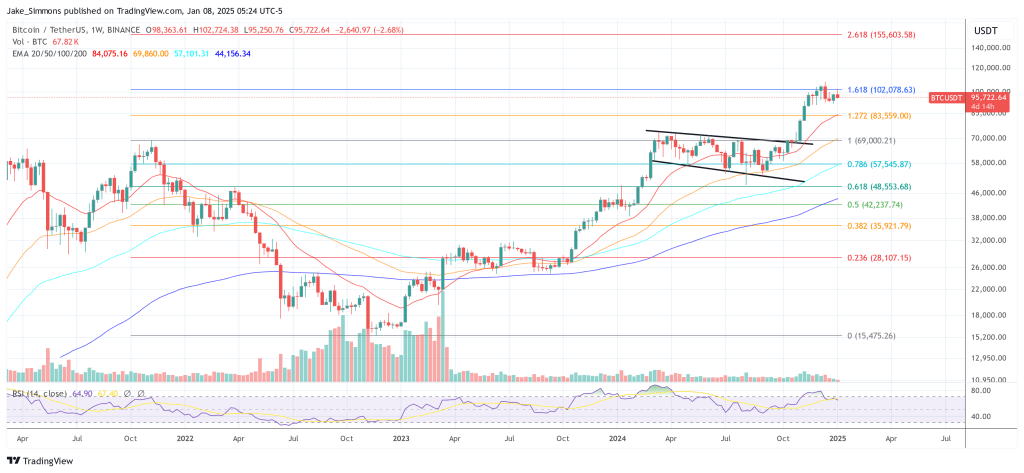
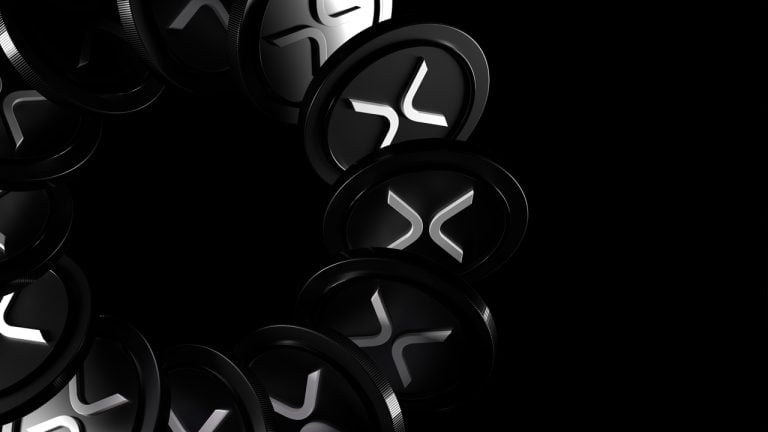
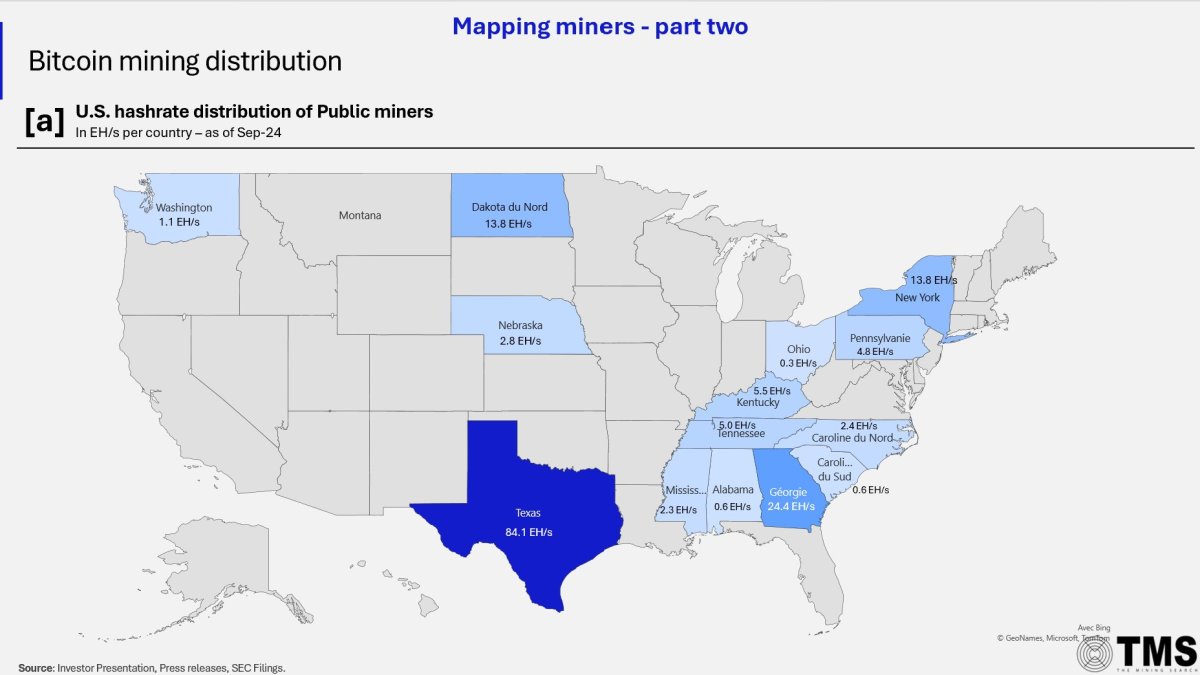




Comments